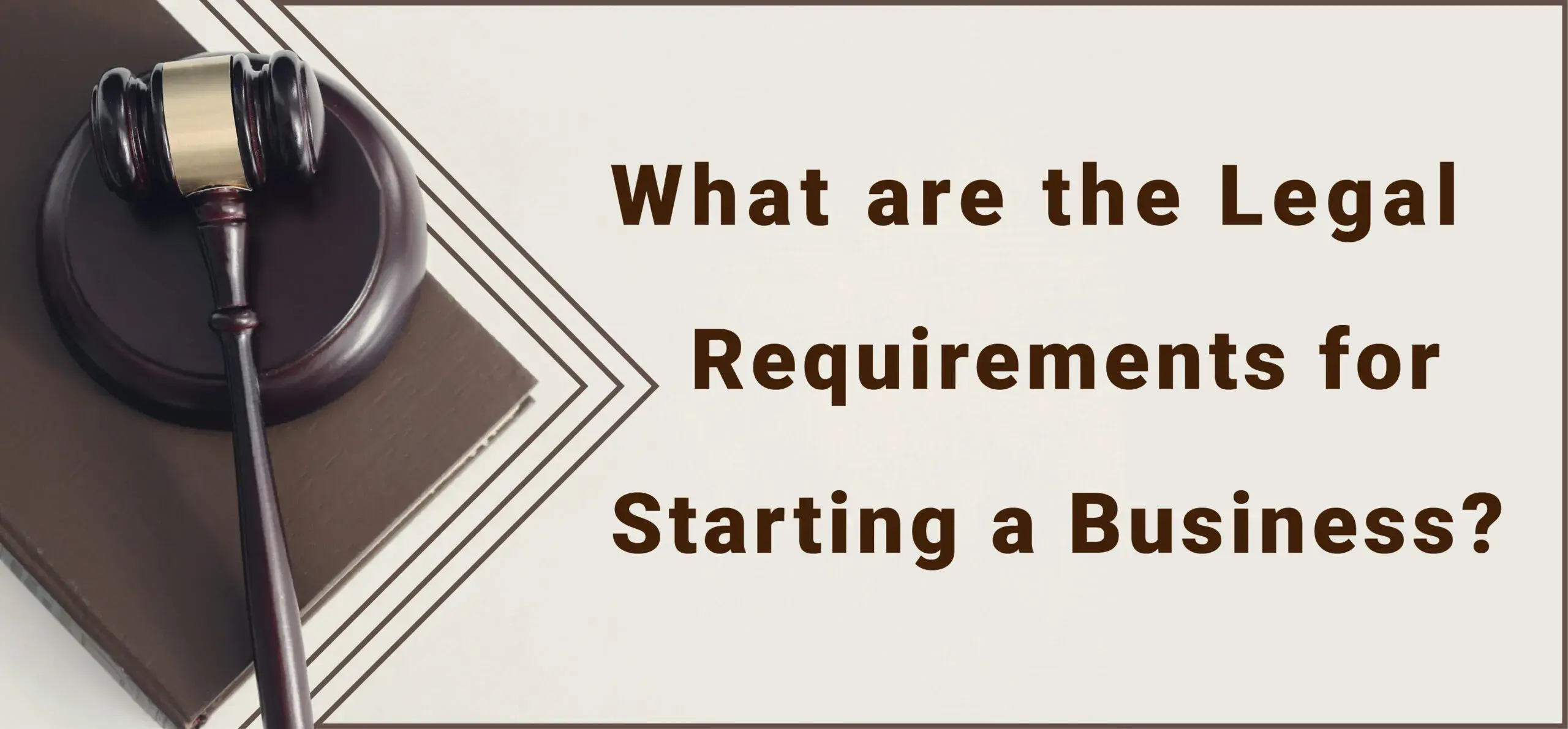Understanding the required legal procedures when starting a business can be challenging and stressful.
In this article, we hope to relieve your fears by laying out a comprehensive list of the processes to consider while establishing a business.
1. Choose the Appropriate Business Entity
It would be best if you chose the correct business entity to minimize your tax and liability exposure. Doing this may impact your personal liability, tax obligations, and fundraising capacity.
There are several famous corporate entity structures to choose from:
- Sole proprietors: Owned and run by just one person.
- Partnerships: A contract between two or more parties agreeing to run the company together and split the earnings.
- C-Corporations: The owner and the company file separate taxes.
- S-Corporations: By disclosing losses and profits, the corporation avoids paying business taxes.
- LLC: A private limited corporation. Structured to create a legal separation between the enterprise and the owner.
2. Register Your Company Name
The company needs a name that the federal, state and local agencies may use to track its activities. You must register a Fictitious Business Name (FBN) or Do Business As (DBA) unless you are a lone proprietor using your own name. Once the chosen name has been registered, you can use it to do business and file taxes. If you operate as a sole proprietor, partnership, LLC, or corporation and use a name other than the one stated on the company, you are legally required to file a DBA.
3. Obtain Business Licenses and Permits
You must submit applications for business licenses and permits at the federal and state government levels. Still, the special licenses you require will vary depending on the sector of business you are in and where it is located.
4. Insuring the Business
Business insurance can cover you when the personal liability protection provided by your particular business structure is insufficient. That can safeguard not only your personal assets but also the assets of your company. Insurance products like unemployment and disability insurance are mandated by law. Investing in company insurance is also innovative because it will shield your business from additional hazards.
5. Maintaining a Compliance Plan to Ensure All Laws and Regulations are Followed
There are regulations covering privacy, intellectual property, marketing, advertising, and financing. Additional state and federal rules for businesses with employees may need to be followed depending on the circumstances.
Small firms must also ensure they are clear of any issues related to contractor misclassification, which poses a risk to the customers and the business itself.
6. Obtaining an Employer Identification Number (EIN)
Many firms require an employer identification number to create a corporate bank account and to file their business tax filings correctly. The only exceptions to this rule are sole proprietorships and single-member LLCs without staff.
The person filling out the paperwork on behalf of the business must include their social security number (usually the president or CEO). Include details about your company’s legal structure and incorporation date. A signed copy of this application should be kept in your records.
7. Keep Your Intellectual Property (IP) Safe
IP covers trade secrets, trademarks, copyrights, and patents. Investors will be drawn to your intellectual property. It will be much easier for you in the future and ensure that no one tries to pull any intellectual property rights out if you have exclusive rights to duplicate and show your work.
From a legal perspective, IP can be highly intricate, so it may be advisable to speak with a knowledgeable IP attorney who can guide you through the process and give you the best protection.

https://www.freepik.com/free-photo/_18411490.htm
8. Make a Privacy Policy
A privacy policy is a written declaration that describes what a company does with the customer or user personal information it collects, how it is processed, and why. Depending on your state, breaking privacy rules might result in criminal prosecution and expensive fines. Therefore, it’s crucial that startups implement appropriate privacy rules and strictly follow them.
9. Calculate Your Federal Taxes
All business owners are required to pay yearly taxes. The amount and type of taxes you have to pay to depend on your firm’s structure. To ensure compliance with tax rules, business owners may need to employ accounting software, tax advisors, or both. Since practically every state mandates recording all company transactions, these experts can maintain your books in order. The tax process will be made more straightforward by keeping accurate records of all transactions and filing them correctly. Tax compliance safeguards your company, especially from penalties or back taxes.
Conclusion
Don’t listen to anyone who tells you starting a business is easy. But if you take your time and carefully complete the items on your startup legal checklist, you’ll spare yourself a lot of trouble in the long run. You can take care of some of these things on your own. It’s crucial to retain the services of an experienced attorney if you have any questions.
Also, comment on any pointers that are not here.
If you need any software development help for your business, contact Sanmarktoday!
Hero image credit: https://www.freepik.com/free-photo/_8760916.htm

Leave A Comment